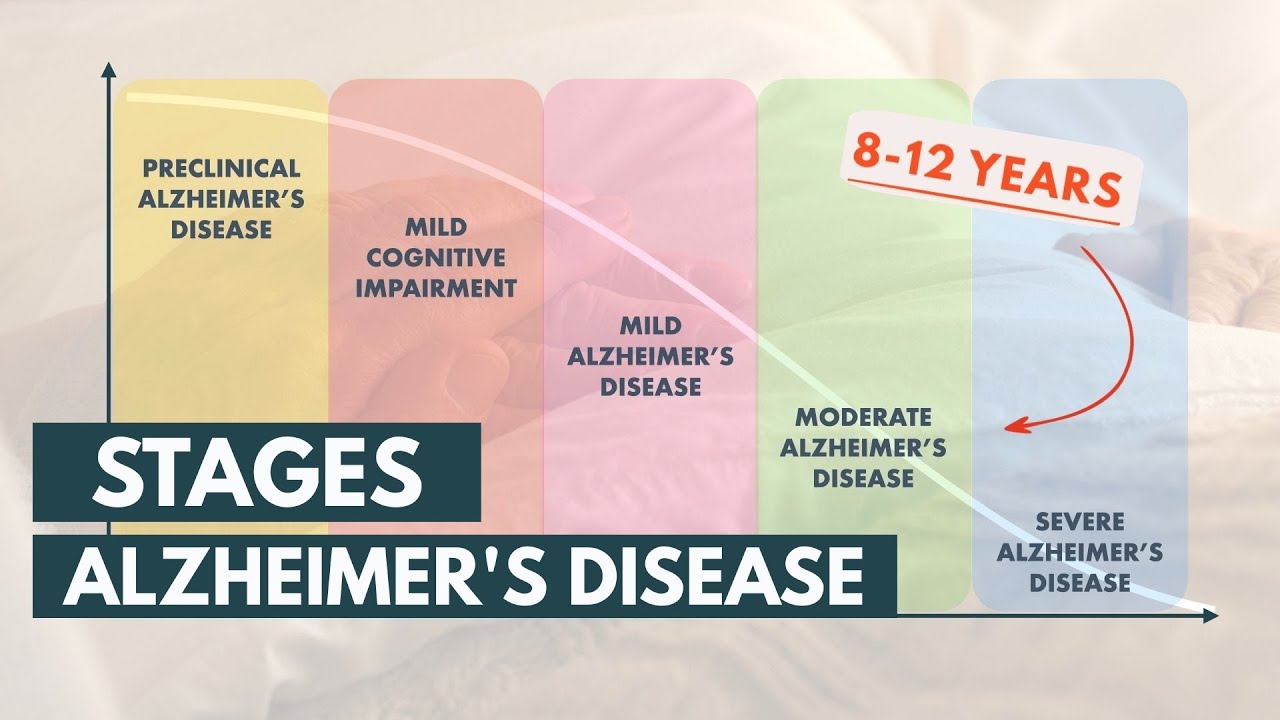Prevent DEMENTIA By Following These STEPS - Dr. Tommy Wood
Summary
TLDRThis video explores key factors in dementia prevention, focusing on the importance of cognitive stimulation, early education, and physical activity. It highlights the critical role of specific nutrients like omega-3 fatty acids, B-vitamins, and choline in brain health. The conversation emphasizes the need for a balanced approach to diet, exercise, and mental engagement, while addressing risk factors such as hypertension, diabetes, and brain injuries. The video underscores how nutrient interactions, particularly omega-3s and B-vitamins, can significantly impact cognitive function and reduce dementia risk over time.
Takeaways
- 😀 Cognitive stimulation in later life and early education are critical protective factors against dementia, helping to maintain cognitive function longer.
- 😀 Physical activity is consistently identified as a key protective factor for long-term cognitive health, reducing dementia risk.
- 😀 Cognitive reserve, built through higher levels of early education, correlates with a higher peak cognitive function, which may delay dementia onset.
- 😀 Major risk factors for dementia include brain injuries (stroke, traumatic brain injury), hypertension, diabetes, and metabolic disorders like insulin resistance.
- 😀 Nutrient status, particularly omega-3 fatty acids, B-vitamins (B6, B9, B12), and vitamin D, plays a crucial role in preventing cognitive decline and dementia.
- 😀 Omega-3s, especially DHA and EPA, are essential for maintaining brain structure and function, supporting cell membranes, and reducing inflammation.
- 😀 Elevated homocysteine levels, which can be reduced by B-vitamins, are associated with faster cognitive decline and brain atrophy.
- 😀 The interaction between omega-3s and B-vitamins (especially folate and B12) is vital for reducing dementia risk; both nutrients must be optimized for the best effect.
- 😀 Plant-based diets require careful attention to B12 and omega-3 intake, as these are harder to obtain from plant foods. Supplementation may be necessary.
- 😀 Testing nutrient levels (omega-3, homocysteine, B-vitamins) through blood tests can help tailor dietary changes to optimize brain health and reduce dementia risk.
Q & A
What are the key protective factors for dementia prevention discussed in the transcript?
-The key protective factors for dementia prevention discussed include late-life cognitive demand (cognitive stimulation), early-life education, and physical activity. These factors are consistently supported by research as critical for maintaining cognitive function over time.
How does early-life education impact dementia risk?
-Early-life education is important because the longer a person is in formal education, the higher their peak cognitive function tends to be. This higher cognitive peak delays the onset of cognitive decline and dementia later in life, even if the rate of decline remains the same.
What role does physical activity play in preventing dementia?
-Physical activity plays a critical role in long-term cognitive function and is one of the most important protective factors for dementia. It is shown to be beneficial in preserving cognitive health throughout life.
What are the major risk factors for dementia identified in the transcript?
-The major risk factors for dementia identified include acute brain injuries such as stroke and traumatic brain injury, hypertension, diabetes, insulin resistance, and poor nutrient status. These factors contribute significantly to the development of cognitive decline.
What specific nutrients are critical for brain health and preventing dementia?
-Critical nutrients for brain health include omega-3 fatty acids (especially DHA and EPA), B vitamins (particularly B6, B9, and B12), and nutrients that influence homocysteine levels. Deficiencies in these nutrients are linked to increased dementia risk.
Why is it important to have both omega-3s and B vitamins for dementia prevention?
-Both omega-3s and B vitamins are essential for brain health. Research shows that supplementing with either omega-3s or B vitamins alone may not be effective, but when used together, they help lower homocysteine levels and improve cognitive function, reducing dementia risk.
How does homocysteine affect brain health and dementia risk?
-Elevated homocysteine levels are a significant risk factor for dementia and cognitive decline. High homocysteine can cause brain atrophy and increase the rate of cognitive decline. Lowering homocysteine, particularly with B vitamins, can slow these processes.
What is the interaction between omega-3s and homocysteine-lowering B vitamins in preventing dementia?
-Studies have shown that omega-3s and homocysteine-lowering B vitamins work synergistically. When both are present in optimal levels, they help protect the brain by lowering homocysteine levels and supporting brain function, particularly in high-risk individuals.
How can individuals on plant-based diets ensure they are getting the necessary nutrients for brain health?
-Individuals on plant-based diets should supplement with vitamin B12 and long-chain omega-3 fatty acids (such as DHA and EPA). They may also need to supplement choline, which is often lacking in plant-based diets, but can be obtained through sources like sunflower or soy lecithin.
Why is personalized testing important for dementia prevention, and which tests are recommended?
-Personalized testing is important because it allows individuals to assess their nutrient status and identify any deficiencies or imbalances that could contribute to cognitive decline. Recommended tests include those for omega-3 status, homocysteine levels, and other critical nutrients, such as vitamin D and B12, to tailor diet and supplement strategies effectively.
Outlines

Esta sección está disponible solo para usuarios con suscripción. Por favor, mejora tu plan para acceder a esta parte.
Mejorar ahoraMindmap

Esta sección está disponible solo para usuarios con suscripción. Por favor, mejora tu plan para acceder a esta parte.
Mejorar ahoraKeywords

Esta sección está disponible solo para usuarios con suscripción. Por favor, mejora tu plan para acceder a esta parte.
Mejorar ahoraHighlights

Esta sección está disponible solo para usuarios con suscripción. Por favor, mejora tu plan para acceder a esta parte.
Mejorar ahoraTranscripts

Esta sección está disponible solo para usuarios con suscripción. Por favor, mejora tu plan para acceder a esta parte.
Mejorar ahora5.0 / 5 (0 votes)






